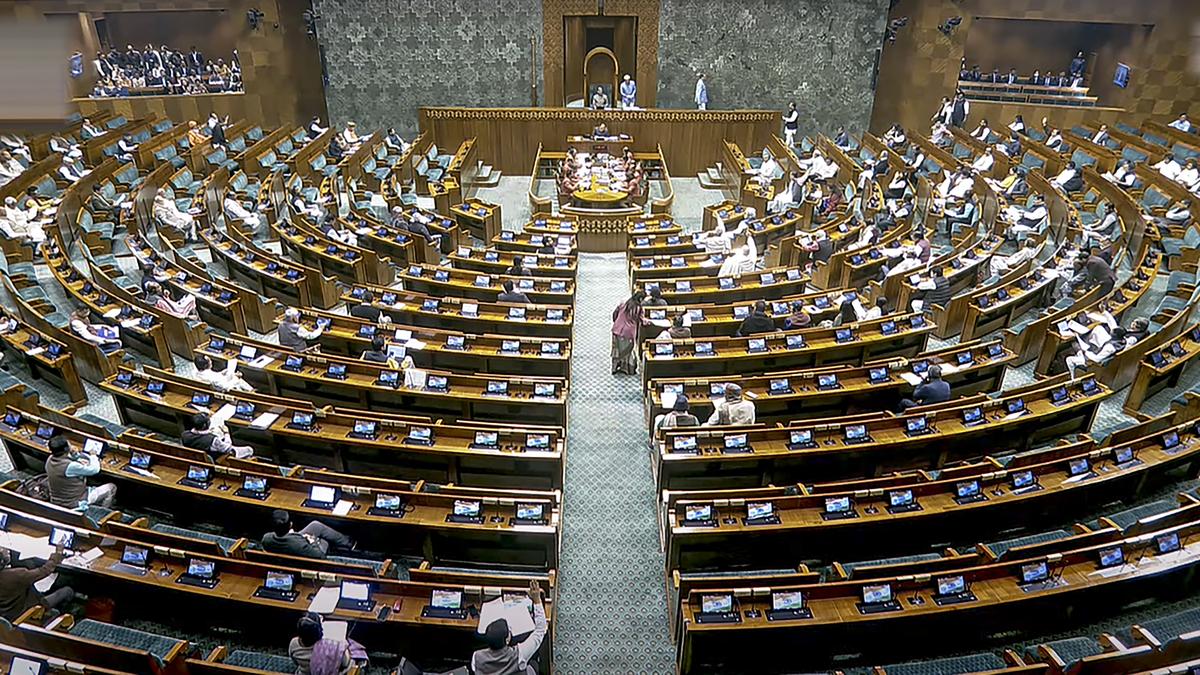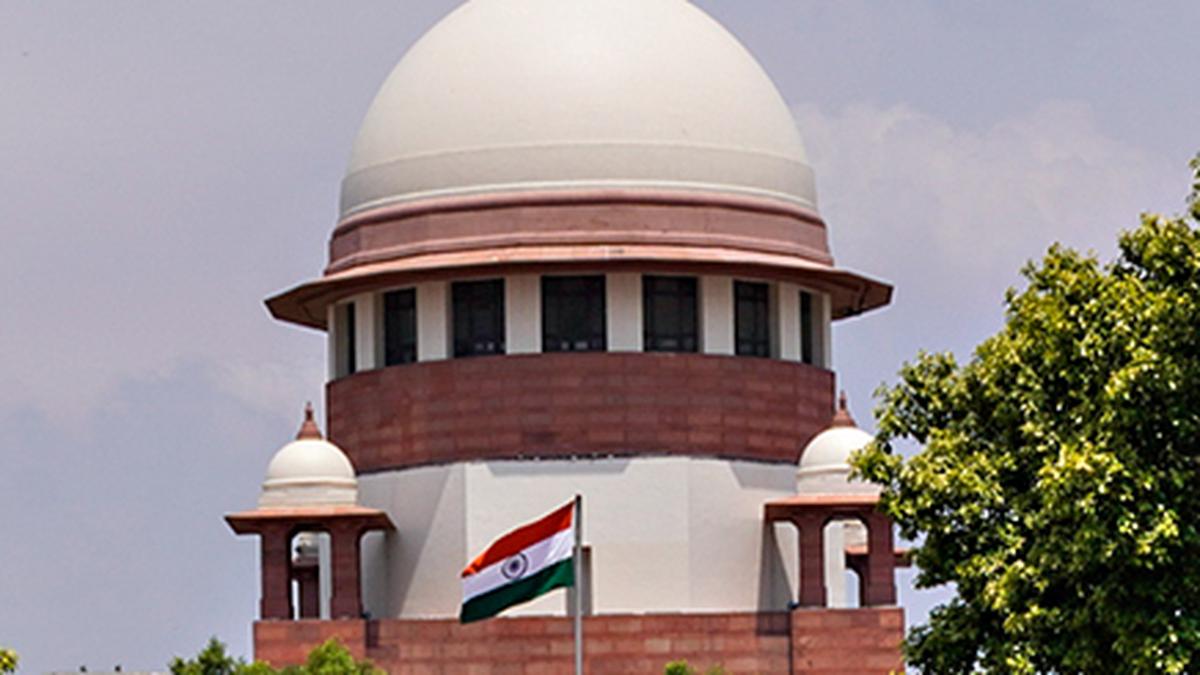Now Reading: Two Weeks On, Parliament Delays Forming Panel on PM, CM Removal Bills
-
01
Two Weeks On, Parliament Delays Forming Panel on PM, CM Removal Bills
Two Weeks On, Parliament Delays Forming Panel on PM, CM Removal Bills

Quick Summary
- Parliament has not yet constituted a Joint Commitee to review three bills introduced by Union Home Minister Amit Shah: the Constitution (130th Amendment) Bill, 2025; Jammu and Kashmir Reorganisation (Amendment) Bill, 2025; and Government of union Territories (Amendment) Bill, 2025.
- The Lok Sabha passed a resolution two weeks ago to refer these bills to the committee.
- Congress is undecided about joining the panel, while parties like trinamool Congress, Samajwadi Party, Shiv Sena (UBT), and Rashtriya Janata Dal have shown reluctance or outright declared intent to stay away.
- Opposition leaders cite past examples of limited influence on similar panels due to ruling-party dominance-e.g., Joint Parliamentary Committees on issues like Bofors case and Waqf Amendment Bill-arguing proposals were ignored in favor of dissent notes.
- Some argue boycotting risks forfeiting legal objections that participation could document for court challenges.
Indian Opinion Analysis
The stalemate over forming a Joint Parliamentary Committee reflects tensions between Opposition skepticism and procedural formalities in reviewing significant legislation concerning governance accountability. While concerns regarding panel ineffectiveness are valid-given its advisory-only nature-the absence of major opposition parties might deprive them of an official forum for voicing dissent or influencing government narratives during debates. Conversely, active participation could enhance transparency by creating records perhaps used in judicial reviews later.
For India’s democratic process, this dilemma underscores the importance of ensuring parliamentary mechanisms adequately represent diverse perspectives beyond majority rule-a critical balancing act amid growing polarization between government allies and opposition forces.
























